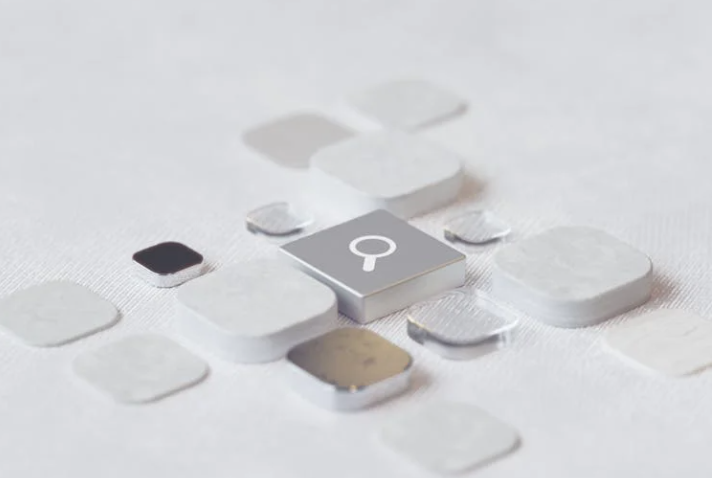Sending Kids Back to School with Cell Phones
Courtesy of TechWeb It caught Gail McManus off guard the first time a cellular phone rang in her third-grade class at Iva Meairs Elementary School. The eight- and nine-year old students don't always follow the Garden Grove, Calif.-school rule to turn off all cellular phone and place them in their backpacks during class time. "Yes, parents want their kids to have a cellular phone at school for emergencies," McManus said. "But for kids, it's become their life, a connection with friends. We get too many disturbances and distractions during class. Cell phones are one more." McManus expects more parents will send kids back to school with cellular phones when schools resume next week. After polling 1,000 U.S. parents online, a study released Monday by Gaithersburg, Md.-based ACE*COMM Corp. found 95 percent of parents would rather they remain in control of their child's cellular-phone use, rather than have the school set the rules, citing safety and scheduling concerns. Ninety-nine percent of the parents who participated in the survey conducted in August want communications to remain open during the day in case of an emergency. And, 84 percent of parents want their child to have a cellular phone during school hours to maneuver around any schedule changes that may arise.
Tools and ideas to transform education. Sign up below.
